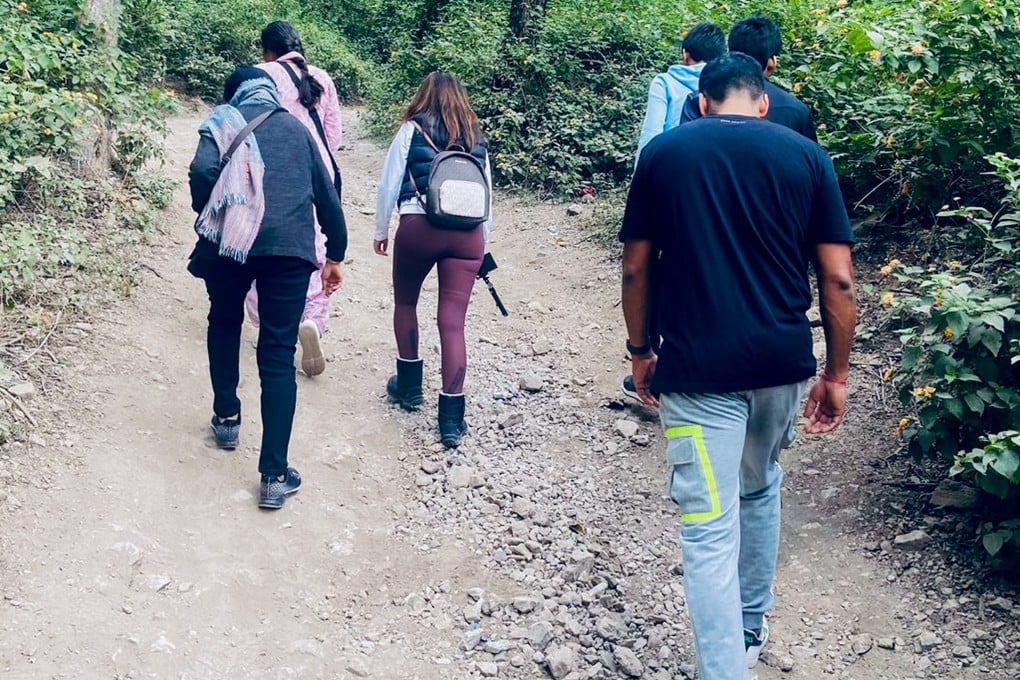How the ‘anti-grindset’ movement is taking hold, as work-life balance takes priority
- A corporate high-flyer redefines his lifestyle after seeing colleagues die from stress-related illnesses; another overcomes infertility to have two children
- A retreat helps burned out professionals recover from the ‘daily grind’ through forest bathing, meditation, yoga, movies under the stars and more

The “anti-grindset” movement has gained increasing prominence on social media as an opponent of the “hustle culture” that promotes the relentless pursuit of work and performance.
Its adherents advocate work-life balance and see “hustling” – working without rest, relaxation and time for self-care – as a sign of workaholism and a recipe for stress.
Just thinking nonstop about work triggers physiological stress that leads to emotional distress, depression and cognitive decline, they say.
A study published a decade ago in the American Human Resource Management Journal suggested that workaholism develops from an entrenched belief that a person should keep working until they feel that they have done “enough”.

That was in 2014. Many professionals are now rebelling against that work culture.
In 2022, insurance company Prudential surveyed more than 2,000 workers in the United States. More than 70 per cent of them had prioritised, or were considering prioritising, their personal lives over their jobs and careers.